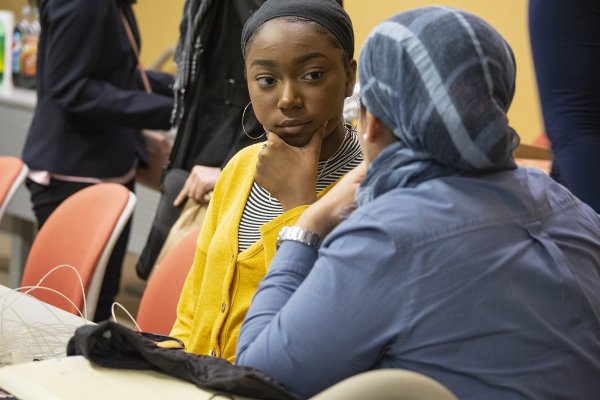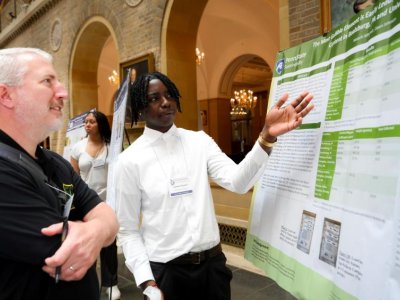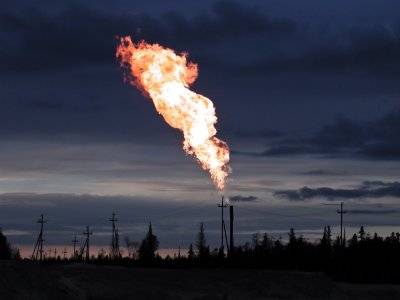First-generation, racially marginalized groups and women both remain underrepresented in science, technology, engineering, and math (STEM) education and careers. White women make up 18% of the STEM workforce compared to 49% of their white male counterparts. Racially marginalized groups continue to be in the single digits within the STEM workforce. The intersectionality of race and genders is even more alarming within STEM. While Blacks make up 9% of the STEM workforce and Hispanics at 7%, Black and Hispanic women together only make up 4% working in STEM fields.
Although studies show that there is no difference in intelligence and academic abilities with underrepresented students that are retained in STEM majors compare to those that leave STEM, college completion rates and continuation in the STEM field after the first and second years of college have shown low retention and longer time-to-degree completion rates for underrepresented STEM students. Getting underrepresented groups to persist in STEM education is a national social justice imperative that requires those within higher education to work collectively to improve such inequities.
The STEM workforce must represent the diverse world in which we live. By having people from diverse backgrounds work in STEM collectively increases creativity, innovation, production, and capacity. Conversely, with the absence of such groups, the U.S. will be unable to compete globally. Society will miss out on discovering advancements and solving some of the world’s greatest challenges. Preparing our nation for the future can only be done if we reach underrepresented students early on.
The fast-growing STEM professions continue to outpace engagement among high school and undergraduate underrepresented students’ interest in STEM. Studies show that K–12 students that are introduced and engaged in STEM are more likely to remain on the STEM path in college and careers. Underrepresented students face educational and STEM opportunity gaps in K–12 schooling in connection to inequities. They often lack research and hands-on experience that is critical in preparing for higher education STEM majors. Institutions of education and their leadership must create partnerships and invest in research, programs, policies, and practices that remedy disparities. Moreover, there needs to be a shared responsibility between educational institutions, government entities, business leaders, and other community stakeholders in engaging and retaining underrepresented groups in STEM.
In 2018, in collaboration with several school districts and communities within Pennsylvania, the Institutes of Energy and the Environment launched the Penn State EnvironMentors program, a national science education and college access program. The EnvironMentors initiative was created by the Global Council for Science and the Environment (GCSE), with the mission to mentor and motivate high school students from underrepresented and underserved communities in STEM. GCSE’s goal is to bridge the diversity and opportunity gap in STEM by recruiting and connecting students from underserved communities with the resources necessary to explore and pursue their passions for STEM. EnvironMentors provides high school and undergraduate students research opportunities that help them acquire the skills they need to build their future careers in STEM. In addition, the programs facilitate opportunities for these students to become better stewards of their communities, environments, and in the greater society.
The EnvironMentors program model is a layered mentoring approach, pairing each high school student with one near-peer undergraduate and one faculty mentor. Under the guidance of their mentors, the high school protégés conduct research and work on projects based on their STEM interest. During our first year of launching the program, two of our high school students won first place in the National Science Fair competition and each received a college scholarship.
Penn State EnvironMentors is currently located at the University Park, Harrisburg, and Shenango campuses. Since its launch in 2018, Penn State EnvironMentors has reached over 100 high school and undergraduate students and faculty participants. Our vision at Penn State EnvironMentors is to do our part in building a diverse STEM field and address inequities by serving underrepresented students and underserved communities throughout the state of Pennsylvania via Penn State’s 24 campuses and communities. We Are committed to and invested in changing the STEM narrative and working collectively to transform the world.





